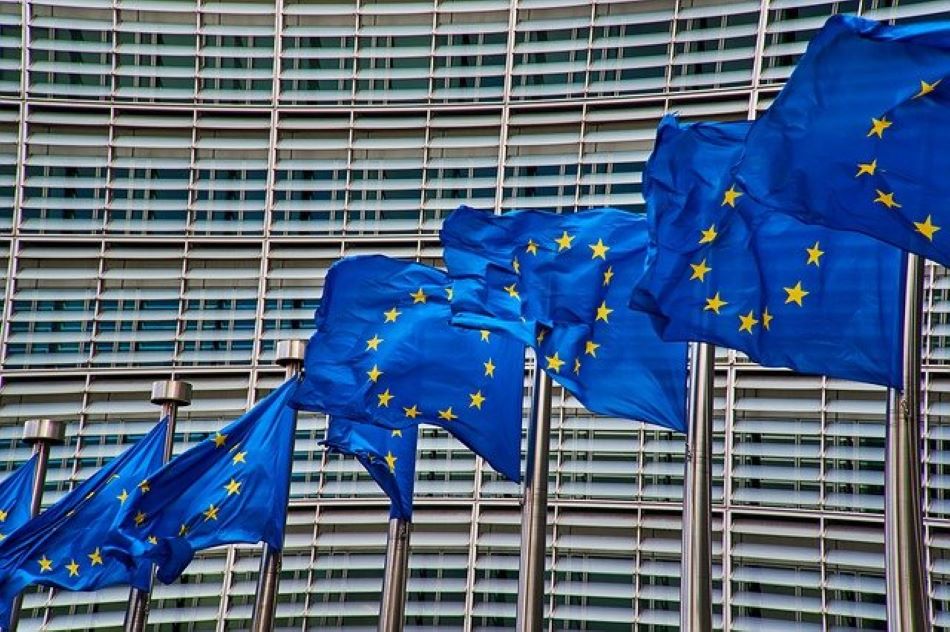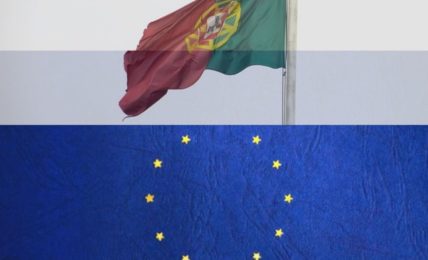L’ Agenzia esecutiva europea per la salute e il digitale: ricostruire l’UE nel post Covid-19
La nuova Agenzia esecutiva europea per la salute e il digitale (HaDEA), creata quest'anno e operativa da un mese, mira a dare all’Europa un futuro più verde, digitale e resiliente. Per uscire più forti dalla crisi sanitaria e rispondere efficacemente alle emergenze attraverso maggiori investimenti nella ricerca e nell’innovazione tecnologica in materia di salute.





